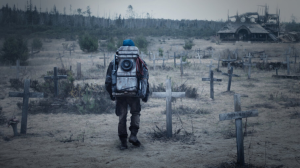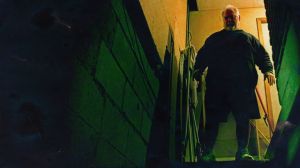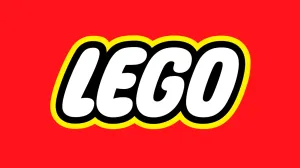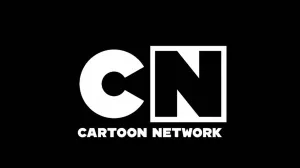The second episode of Marvel Studios‘ Loki, “The Variant” debuted on Disney+ on Wednesday and it gave viewers a lot to talk about. After spending its debut episode, “Glorious Purpose” catching viewers up on Loki’s (Tom Hiddleston) story and introducing the Time Variance Authority (TVA) as well as revealing that the organization is hunting down a variant version of Loki who has been killing the TVA’s hunters and causing other issues, “The Variant” jumps right into things with Loki assisting in trying to find the variant before they strike again. Along the way, the episode reveals some things about the future in the MCU and while it’s all in furtherance of the story and that hunt for the villain, some of the fictional events of the future feel way too real.
Videos by ComicBook.com
Warning: Spoilers for the second episode of Loki, “The Variant”, below.
After Loki’s poor performance at the scene of one of the Loki Variant’s crimes in 1985 Oshkosh, Wisconsin nearly gets him off the mission, Mobius (Owen Wilson) manages to get the trickster one more chance and assigns him to research Loki variants for clues. Loki figures out that the Variant is hiding in apocalyptic events because those moments result in destruction, meaning actions in those spaces don’t change the timeline and therefore aren’t registered. Mobius is then able to narrow down a timeframe for what apocalypse the Loki Variant could be hiding in based on the Kablooie candy left in 1549 France. Mobius and Loki then start looking through apocalypse events between 2047 and 2051 to find one that would have provided the Loki Variant with access to Kablooie.
As they start going through those events, a grim picture starts to unfold. All of them are environmentally related. There’s the Climate Disaster of 2048, the Tsunami of 2051, the Extinction of the Swallow in 2050 — Mobius particularly notes how badly that messes up the ecosystem. The hits keep coming. Krakatoa erupted in 2049. Mobius mentions that it’s “just one damn thing after another” and starts listing off cyclones, famine, volcanoes, and more before Loki hits on the event they’re looking for: a Class Ten Apocalypse in Haven Hills, Alabama in 2050. Filed as the “Roxxcart Disaster”, a glance at the file notes indicate that the event was a category eight hurricane that wiped out the entire town, taking the lives of over ten thousand humans. Numerous other related case files are listed and while viewers can’t see the full text of the page, there appears to be mention of other apocalyptic events somehow potentially connected – perhaps other towns impacted by the hurricane.
Obviously, the scene is intended to send Loki and Mobius to Haven Hills in pursuit of the Loki Variant, but the revelation of a minimum of five apocalyptic events in a four year period and all of them ecological or climate-related is sobering, especially when Mobius’ comments hint that there are even more not addressed. It would appear that in the future of the MCU, civilization does not get a handle on climate change and catastrophe after catastrophe is the result.
What makes this especially sobering is that these events aren’t just really “bad” events. These are apocalyptic events comparable to Ragnarok on Asgard per the TVA and going one step further, while they’re clearly fiction, they don’t feel entirely fictional. Recent years have seen increasingly strong storms, higher temperatures, droughts, fires, bigger and more powerful hurricanes, extreme weather of all sorts, all a result of climate change. While the future of the real world is still being written, those apocalypse records on Loki of the MCU’s future just feel a little too close to home.
It’s a heavy thing to think about, but that’s one of the fascinating and at times beautiful things about the MCU. These stories, while they’re about heroes and villains and all-knowing Time Keepers and Infinity Stones and who knows what else is coming, they also offer audiences a way to approach the human experience and some of the more unsettling issues that we face. It opens up a conversation for what we want our own timeline to look like, all while telling a good story.
What did you think about the apocalyptic events detailed in this week’s Loki? Let us know your thoughts in the comments.
Loki is now streaming on Disney+. New episodes arrive on Wednesdays.
If you haven’t signed up for Disney+ yet, you can try it out here. Note: If you purchase one of the awesome, independently chosen products featured here, we may earn a small commission from the retailer. Thank you for your support.








